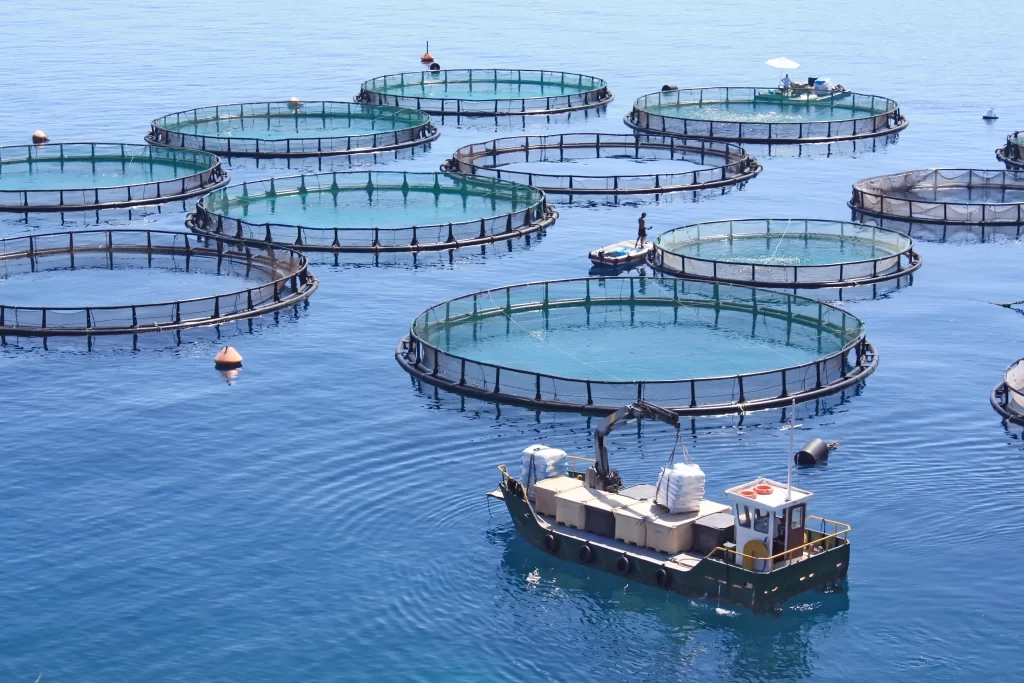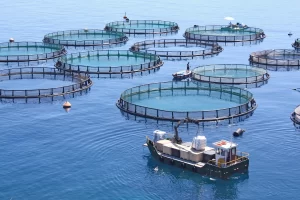Citrulline Malate 2:1/1:1 – The Core Ingredient for Resisting Exercise Resistance and Enhancing Endurance Performance

Citrulline Malate is a combination of the amino acid Citrulline and Malic Acid. The typical ratio is L-Citrulline to L-Malic Acid in a 2:1 or 1:1 proportion. As a nitric oxide (NO) booster, Citrulline Malate is increasingly favored by consumers, aiding in resistance and performance during physical activity.
L-Malic Acid – Unleashing a New Way to Embrace Tartness for Health

L-Malic Acid is a natural organic acid found in abundance in unripe hawthorns, apples, and grapes. AHB utilizes renewable glucose as a raw material and employs fermentation to produce L-Malic Acid, significantly reducing the industrial production cost of L-Malic Acid. The green biobased fermentation process aligns perfectly with the low-carbon emission trend, contributing to sustainability. L-Malic Acid not only possesses physiological functions such as antioxidation and fatigue resistance but also offers consumers a fresh experience of enjoying “tartness” for their health.
β-Alanine – Enhancing Sports Performance

β-Alanine is a non-protein amino acid produced by the liver or obtained from dietary sources. In the body, β-Alanine can react with L-histidine under the catalytic action of carnosine synthase to form carnosine. It serves as a limiting amino acid in the synthesis of carnosine, making it a well-received supplement among the athletic community for enhancing sports performance.
DL-Alanine – A Companion for Food Flavor

DL-Alanine possesses a unique sweet and savory taste, making it a popular food flavor enhancer used in various food products. It is widely employed in pet food to enhance palatability and address the finicky eating habits of pets.
Inositol – An important growth factor in animals

Inositol, also known as cyclohexanol, is a water-soluble vitamin belonging to the B vitamin family. Similar in appearance to sugar, odorless, slightly sweet (sweetness of about 50% of sucrose), is an essential substance for human, animal and microbial growth, widely used in feed, medicine, food and other industries.
Calcium D-pantothenate – An important substance for maintaining animal physiology

Calcium pantothenate, A component of Coenzyme A, is involved in regulating protein, sugar and fat metabolism, improving hair color and preventing disease. Calcium D-pantothenate is essential in animal growth and development, fat synthesis and decomposition. Lack of calcium pantothenate will cause growth retardation, anemia, metabolic, nervous, gastrointestinal disorders and other symptoms in animals.
1,3-Propanediol – Helping the new materials industry move towards green and low-carbon manufacturing

1,3-propanediol is mainly used to synthesize polymer materials with excellent performance. AHB uses synthetic biology technology to launch bio-based 1,3-propanediol, which has the characteristics of renewable raw materials, reduced carbon emissions, and energy saving. It takes into account environmental protection and economic interests, and helps the new materials industry move towards green and low-carbon manufacturing.
































